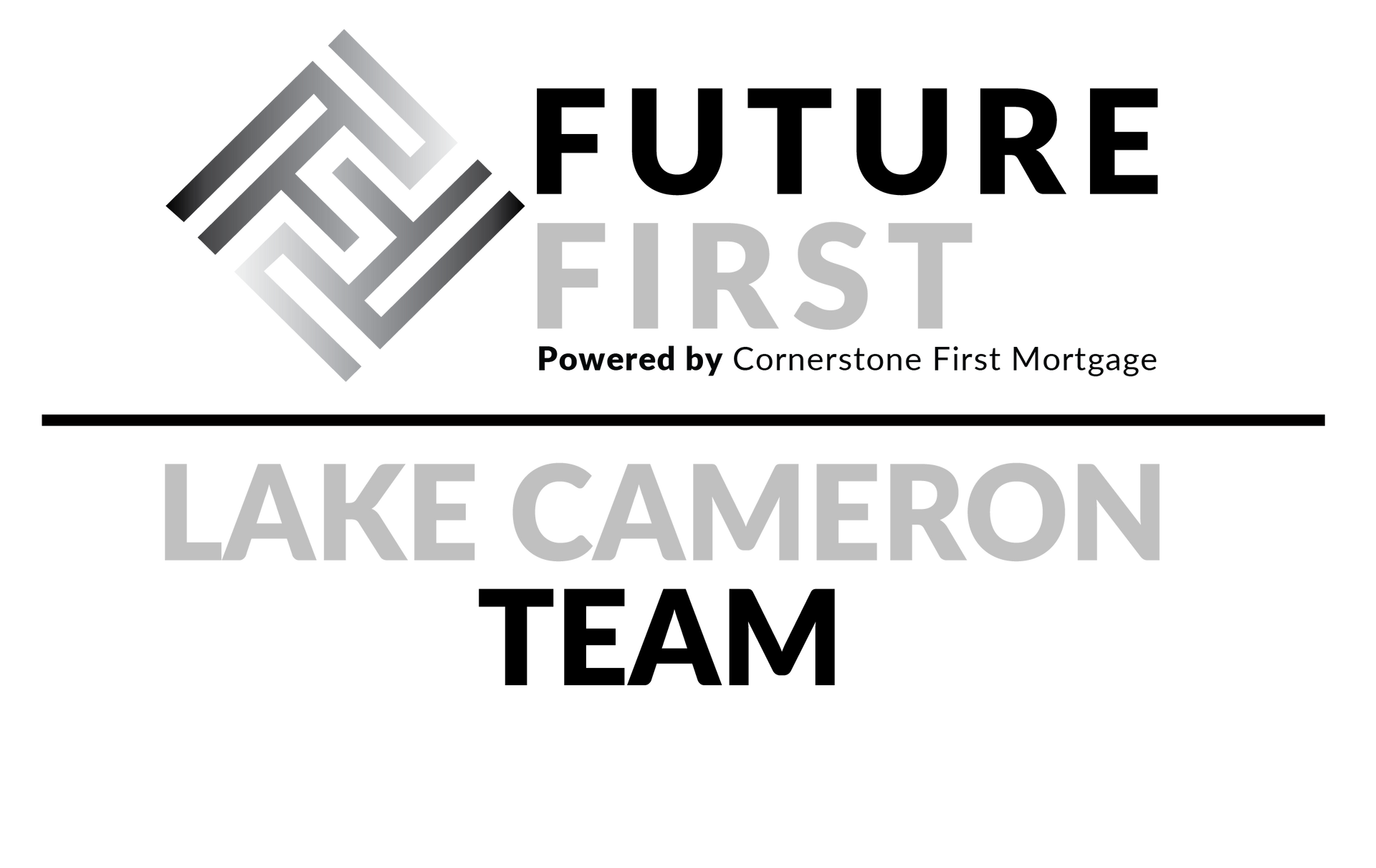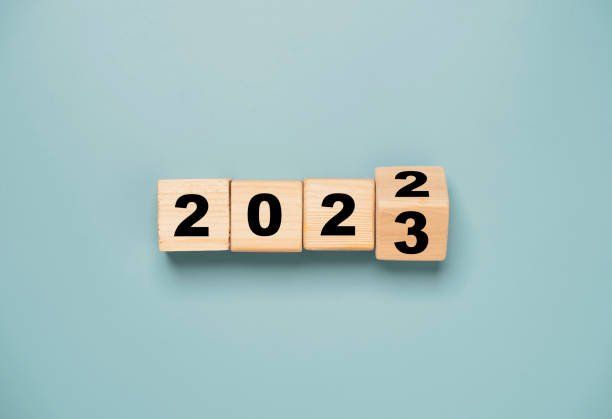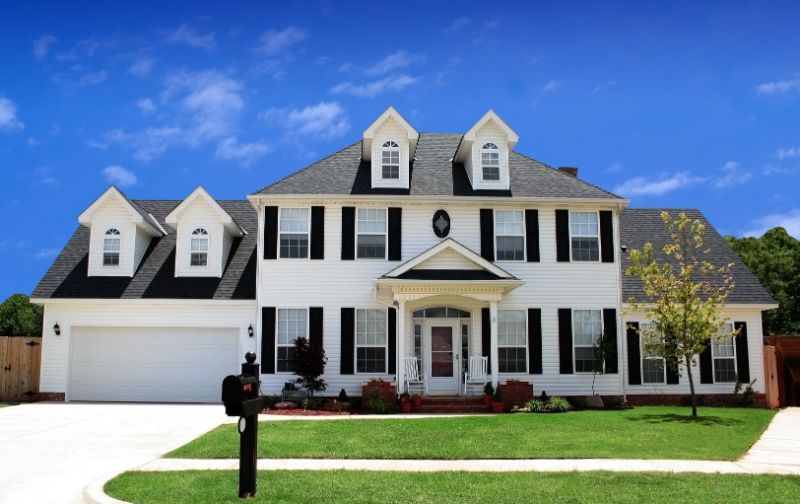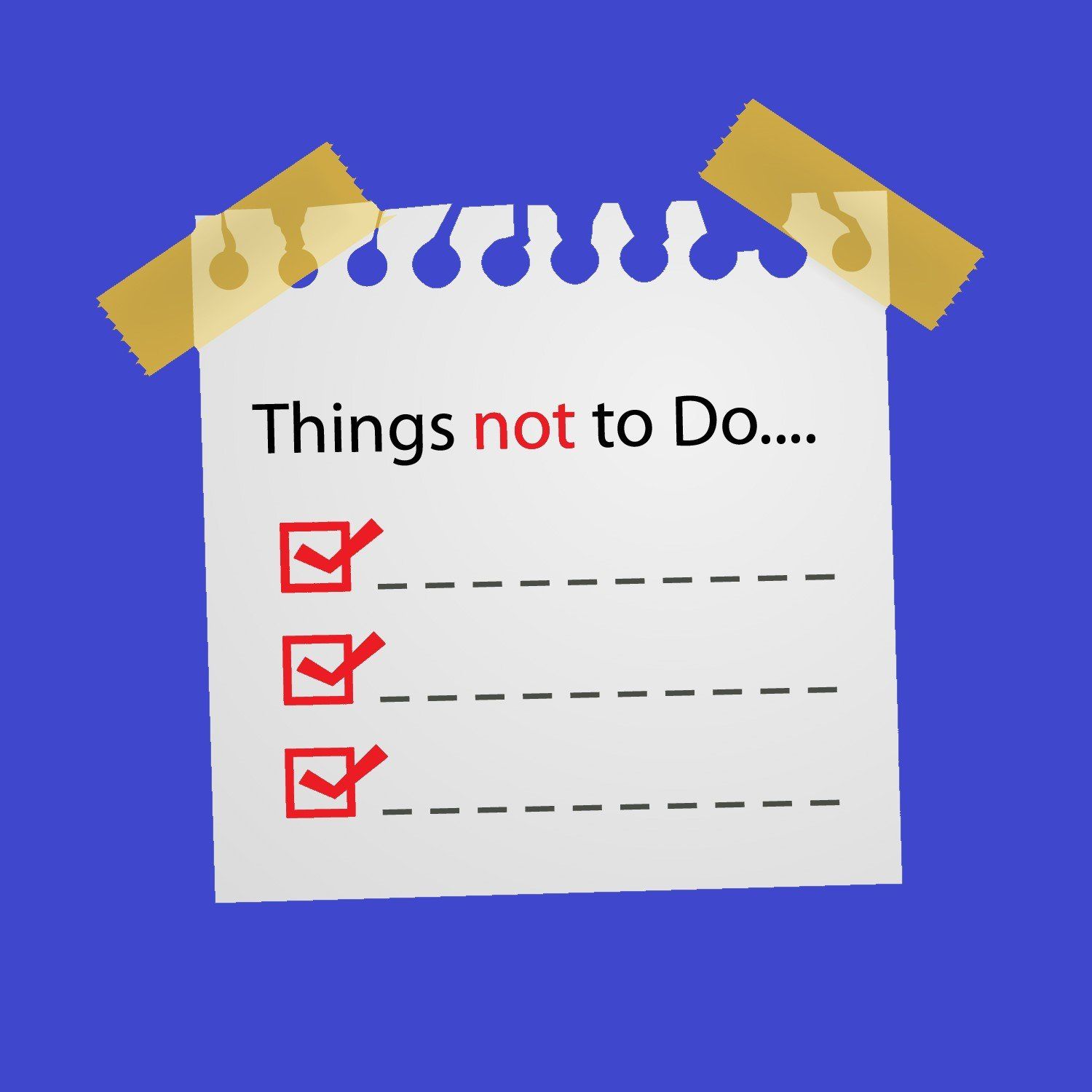Scott's Corner: Down Payment Break Down - Geeking Out About the Numbers
How much should I put toward the down payment?
This is one of the top questions we get asked when it comes to home purchases, and also an important part of personal finances that is often overlooked. Clients don't always spend enough time considering their options, or even know that they have options available. We pride ourselves on taking the time to go over all options and do a deep dive into what is most beneficial, lucrative, and necessary for our client's wants and needs. Purchasing a home is typically one of the biggest financial decisions consumers make, so why not take the time?
So how much should go toward the down payment?
The "right" amount will be based off a few things.
- What is required - Some loan programs allow for 0 or 3-3.5% down, while others require 5, 10, 20 or 25% down.
- Qualifying - if the only way to adjust debt to income ratio is by paying off debt, or lowering the loan amount. We will determine the minimum down payment allowed for the borrower to obtain financing at a certain purchase price
- What works for the budget - Larger down payment means a lower monthly payment. Evaluating what is most important, a lower monthly payment or keeping money in the bank is integral in figuring the appropriate amount to put into the transaction.
- Credit score - This is a key factor in determining mortgage insurance on most loans with less than 20%, so the better the credit score, the lower the PMI. This is huge in determining if we want to throw more money toward the down payment vs. carrying a low PMI payment per month.
Let's break it down
In many cases, when borrowers have a home to sell first, or "nest egg" saved, their first instinct is to use all these funds towards the new home purchase - but here's a few things to consider:
- Taxes - One thing that is missed when selling a home is what will the seller will actually put in their pocket. Taxes paid on a home sale is a major factor in calculating net proceeds. In general, the first 250k you receive (single) or 500k (married) in profit from a primary sale is tax free as long as you have lived in the home for two or more of the last five years, and anything over that will be taxed. (consulting a CPA is always advised)
- Taxable events - If you are using funds available in a retirement account or other investment account, there will be some scenarios where the liquidation of these assets trigger a taxable event. In general, acquiring a new home with the minimum down payment is best. (again, consulting a CPA would be in a borrower's best interest, always)
- How much you have available - A hypothetical 500k home purchase putting 20% down would require 100k, but if the borrower only has 105k in the bank, we're cutting it pretty close. We would likely advise a 10% -15% down payment, even though it may require a small amount of mortgage insurance, so as to better prepare the homebuyer from a budgetary sense to buy a new home.
- Dropping that PMI - In most scenarios, if the buyer has 20% available with a reasonable cushion, they should utilize it toward the purchase. Mortgage insurance is essentially lighting money on fire to help insure the investor that if you stop making payments they will be made whole, so if the borrower can avoid it, in most cases they should.
Geeking out about the numbers
Below is a breakdown of a borrower putting 400k down vs. 100k down on a purchase price of 500k. (please note that these are estimates and subject to change)
| 400k down | 100k down | |
|---|---|---|
| Purchase price | 500k | 500k |
| Down payment | 400k | 100k |
| Principal and interest | 938.31 | 2563.95 |
| Hazard insurance | 83.33 | 83.33 |
| Taxes | 333.33 | 333.33 |
| Total monthly payment | 1354.97 | 2980.61 |
The additional 300k saves $1625.64/month in the mortgage payment, but what if the money was put in the market with a financial advisor instead? On average, it is expected that an annualized rate of return would be approximately 7% or so. If the 300k grew over 30 years (the term of a standard mortgage) and assuming there were withdrawals on the profit on a monthly basis, your 300k investment would grow by 1750/month-in theory. In this scenario, not putting the extra 300k down ultimately saves 125/month.
So how much should you specifically put toward the down payment? Let's chat about what is most important to you and your family. It certainly needs to be determined on a case by case basis. Consulting with a local, knowledgeable lender in combination with a CPA and Financial Advisor is a great way to maximize your dollars, and put you and your family in the best to position to move forward with your home purchase. Our job is to provide information, and help you make the best possible decision that fits your needs, wants and future financial success.
Scott Lake
Co-branch manager/ Mortgage loan officer
NMLS 110347
360-649-2445
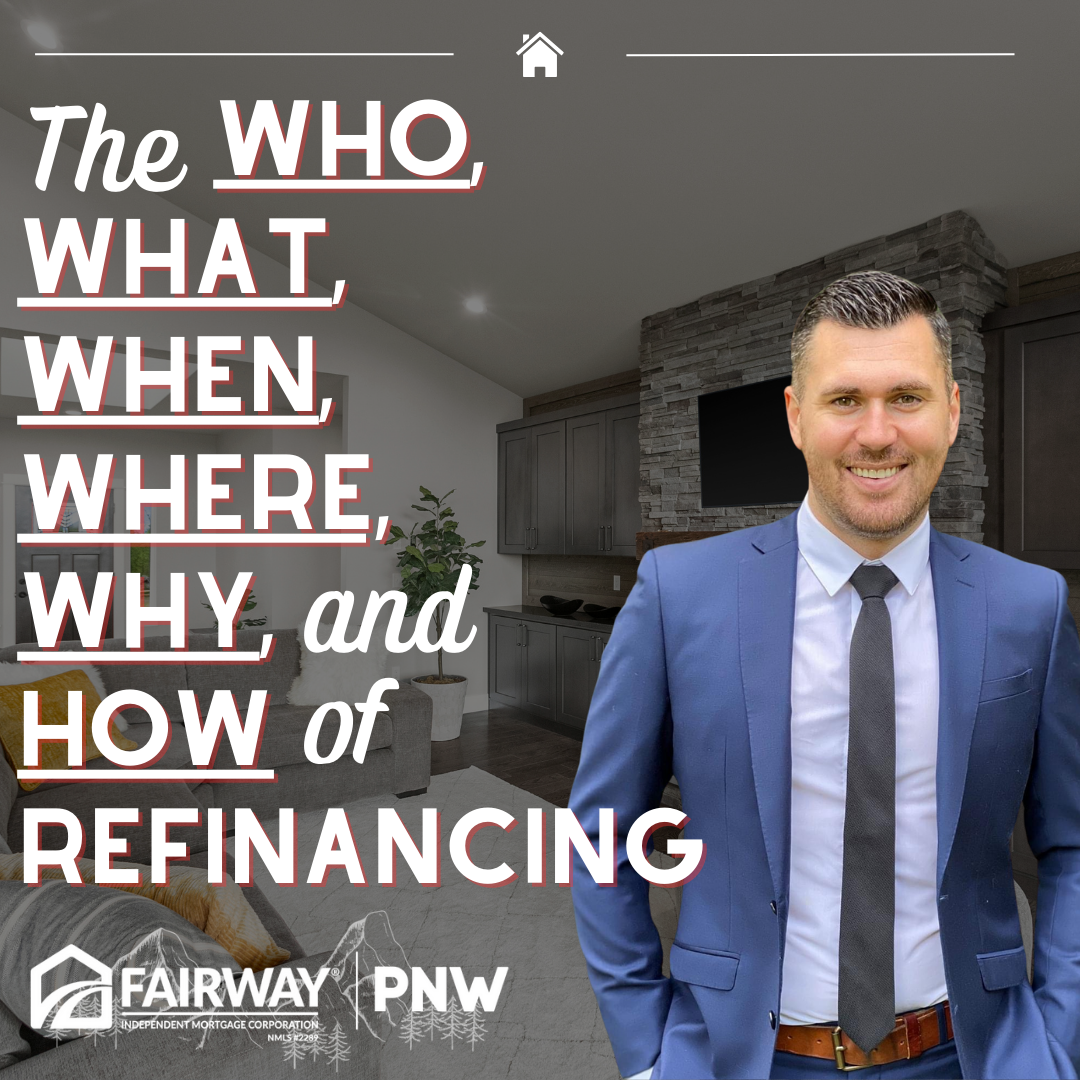
Confidentiality Notice:
Confidentiality Notice: The information contained in and transmitted with this communication is strictly confidential, is intended only for the use of the intended recipient, and is the property of Fairway Independent Mortgage Corporation NMLS #2289 or its affiliates and subsidiaries. If you are not the intended recipient, you are hereby notified that any use of the information contained in or transmitted with the communication or dissemination, distribution, or copying of this communication is strictly prohibited by law. If you have received this communication in error, please immediately return this communication to the sender and delete the original message and any copy of it in your possession. WA License Number MLO-1377661.
Business Hours:
Available 24/7 Including Weekends
Phone: (360) 900 9590
Email: teamlakecameron@fairwaymc.com
Address: 9633 Levin Rd NW Suite 101, Silverdale, WA, 98383
